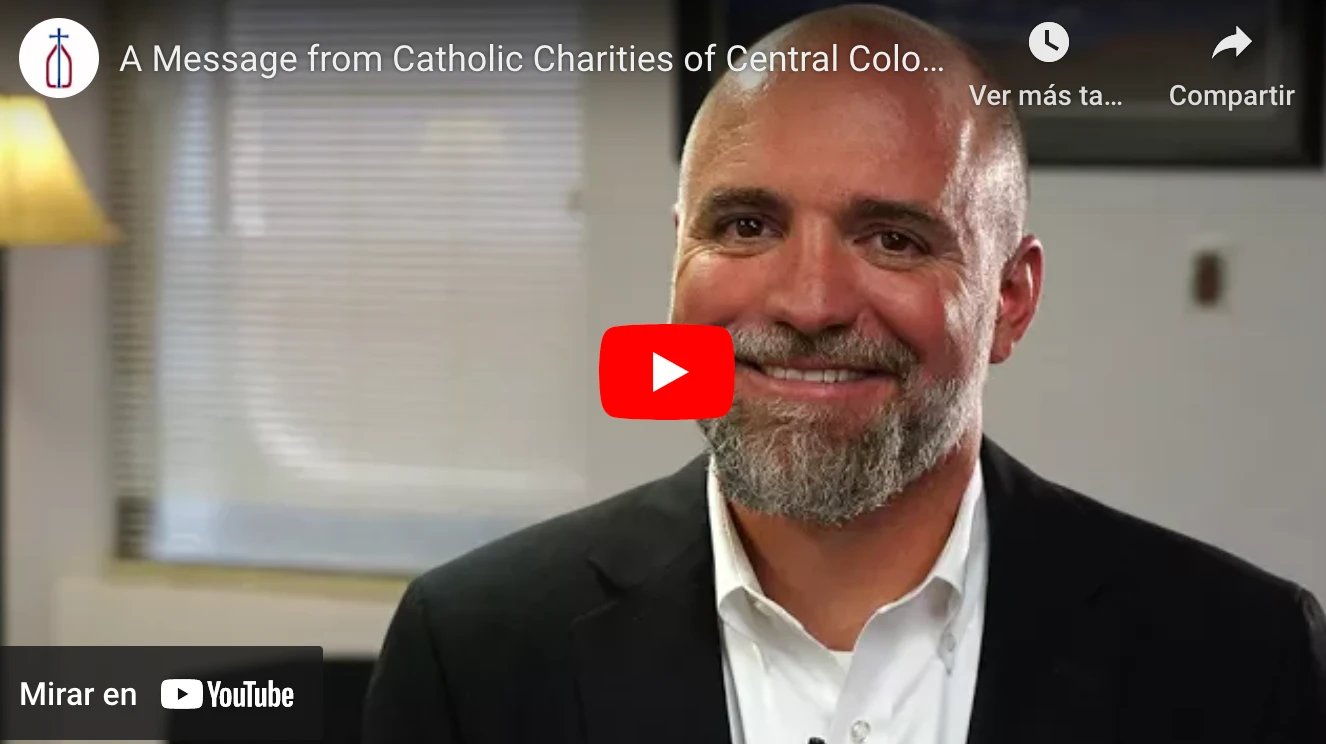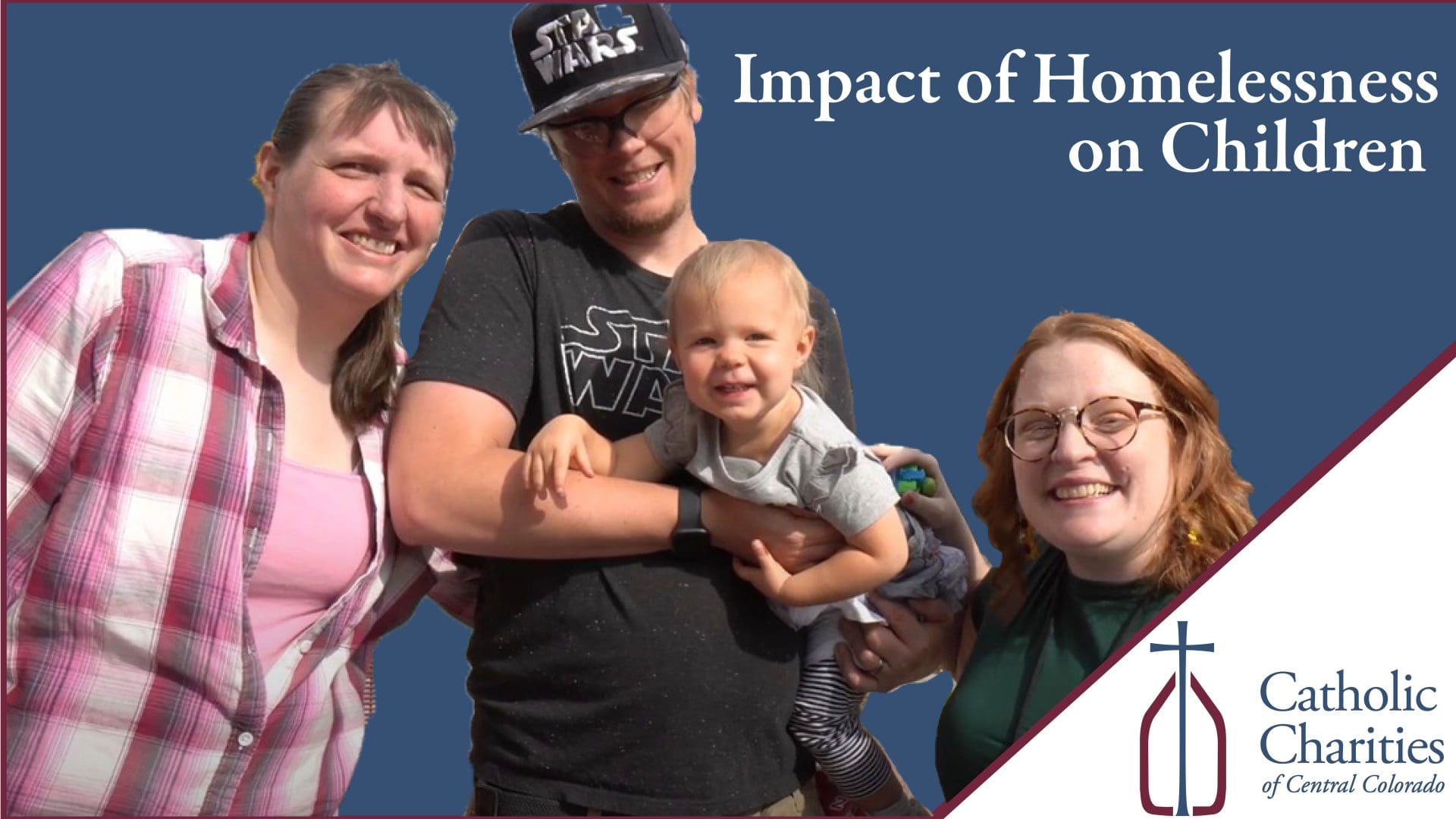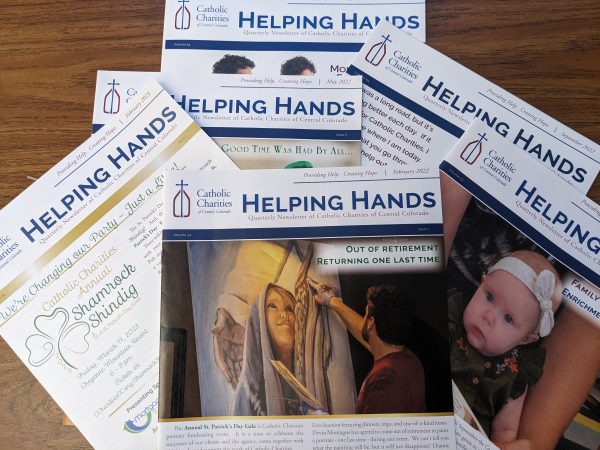
BY ANDY BARTON
Amid the celebrations of Christmastime, it is easy to forget that the arrival of Jesus came with a significant amount of discomfort for the people around Him. Starting with Mary, who gave birth in a manger. (As my wife reminds me, giving birth is no day at the spa under the best circumstances). Our modern imagery of the nativity likely does not capture how hard it would have been for a young girl to deliver her first child miles from her home, surrounded by livestock. So too, for the Three Wise Men, who left the comfort of their homes to journey across the desert with gifts for the newborn King. For Mary and for the Magi, leaving their comfort zones was a matter of faith, done unquestionably in response to the gift that God had given.
But not everyone rejoiced over the birth of Jesus Christ or the change that He represented. King Herod recognized that this new King posed a direct threat to his way of life. Herod could have embraced the news of Jesus, and the corresponding discomfort, putting at risk all of his wealth and power for the promise of a new Messiah; but that is not how wealth and power typically work. Instead, the more you have, the more you perceive that you have to lose. So, as the story goes, Herod worked to eliminate, rather than embrace, the source of risk to his comfort zone.
While it is not the predominant narrative, the Christmas story is about the birth of a disruptor, a revolutionary whose life and ministry would be a gift to those who suffered and would be a threat to those who were comfortable. In this context, the celebration of the season gives us the opportunity to reflect on how we respond to the things that make us uncomfortable. One source of discomfort that gets extra attention this time of year is our homeless, whose existence is magnified because of that unofficial Christmas tradition: shopping.
This issue is no trivial matter for downtown business owners and their employees, for whom the holiday season is critical to financial survival. The whims of the consumer are fragile enough, to begin with; any additional disincentive to shop downtown is a problem. Listening to individual anecdotes or reading letters to the editor in the local newspaper makes it clear that the discomfort with homelessness keeps people away.
To be sure, there are justifiable reasons for those who work, shop or own businesses downtown to be upset by some behaviors they encounter in our city center; however, in many cases, the complaints about people experiencing homelessness are less about behavior than they are about appearance. Shopping carts overflowing with possessions, dirty clothing, and men with unkempt beards make people uncomfortable, just like the outbursts of people experiencing mental health disorders, the panhandling, or the distinctive odor of someone who has been living outside. None of these conditions makes people inherently dangerous, but the narrative about their presence downtown gets framed in the emotion of fear. The comment one hears most frequently is some variation of: “I won’t shop or eat out downtown anymore because it’s too dangerous.” In reality, it is more uncomfortable than it is dangerous. (I grew up in downtown Colorado Springs. I hung out at the YMCA, I skateboarded at Acacia Park, and attended Palmer High School: the downtown is as safe as it has ever been and safer than it used to be.)
The challenge with being in our “comfort zones” is that we start to focus on preserving that state. While there is nothing wrong with wanting security and well-being, it is easy to end up avoiding or demeaning people who make us feel uneasy by their appearance or afflictions. If we want to celebrate the true spirit of Christmas, it might mean getting out of our comfort zones. Finding ourselves among people who make us uncomfortable may be the surest sign that Jesus is among us.
Andy Barton is the President and CEO of Catholic Charities of Central Colorado. This article first appeared in the Colorado Catholic Herald.




